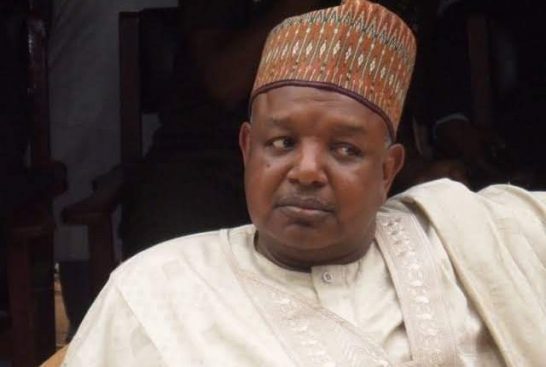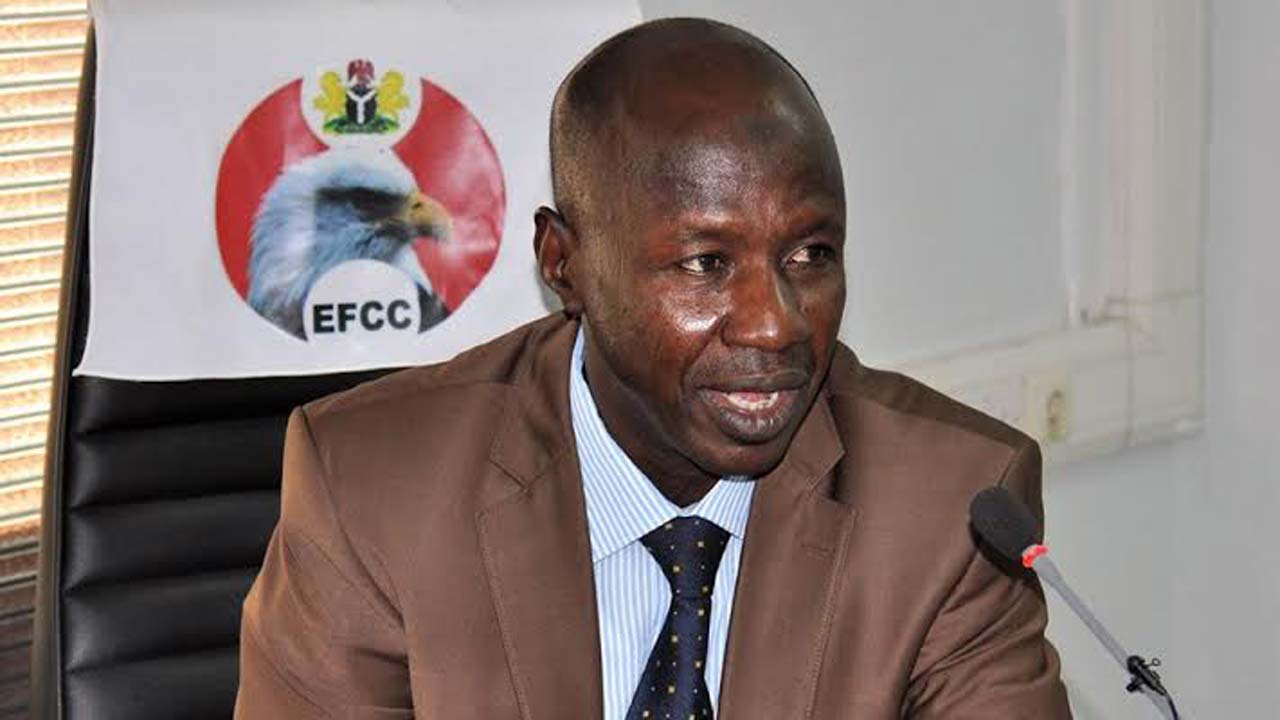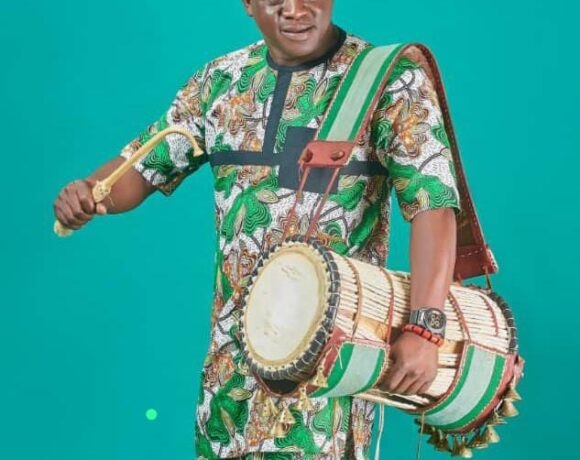Uproar as FG plans to handover $100m Abacha loot to Bagudu

There was a general feeling of indignation across the country yesterday over a report of alleged attempts by the federal government to hand over about $100 million United States authorities say was stolen by a former Head of State, Gen. Sani Abacha, to Kebbi State Governor Abubakar Bagudu, a top member of the ruling All Progressives Congress (APC).
A Bloomberg report said a commitment by Nigeria to transfer the funds to Bagudu appeared to undermine President Muhammadu Buhari’s pledge to check corruption in the country.
It quoted the U.S. Department of Justice as saying that Bagudu was involved in corruption with Abacha, and contended that the Nigerian government was hindering U.S. efforts to recover allegedly laundered money it says was traced to Bagudu.
It added that the Buhari administration says a 17-year-old agreement entitles Bagudu to the funds and prevents Nigeria from assisting the U.S., according to recent filings from the District Court for the District of Columbia in Washington.
The disagreement, according to Bloomberg, may hamper future cooperation between Nigeria and the U.S. to recover money moved abroad by Abacha.
“This case illustrates how complex and contentious repatriating stolen assets to Nigeria can be,” Bloomberg quoted Matthew Page, an associate fellow at London-based Chatham House and former Nigeria expert for U.S. intelligence agencies, as saying.
“Instead of welcoming U.S. efforts, Nigeria’s lawyers appear to be supporting the interests of one of the country’s most powerful families,” he added.
Successive governments had made efforts to recover money looted by Abacha. In the case involving Bagudu, the U.S. in 2013 initiated a forfeiture action against a host of assets, including four investment portfolios held in London in trust for him and his family, according to the district court filings.
The U.S. Department of Justice said in a Feb. 3 statement that Bagudu, 58, was part of a network controlled by Abacha that “embezzled, misappropriated and extorted billions from the government of Nigeria.”
According to the report, despite the forfeiture action being initiated following a request in 2012, the Buhari administration says it can’t assist the U.S. because it was bound by a settlement Bagudu reached with the administration of then-President Olusegun Obasanjo in 2003, according to the court filings.
Under the terms of that accord, which was approved by a U.K. court, Bagudu returned $163 million of allegedly laundered money to the Nigerian authorities, which in exchange dropped all outstanding civil and criminal claims against him “stemming from his involvement in government corruption,” according to a Dec. 23 memorandum opinion by District Judge John D. Bates in Washington D.C.
That implies that Nigeria renounced any interest whatsoever in Bagudu’s trust assets, including those the U.S. is attempting to recover for the country, the report added.
Bagudu returned to Nigeria after concluding the settlement and was elected senator in 2009. Six years later, he was voted Kebbi State governor.
After Bagudu successfully sued Nigeria for violating the 2003 settlement, Buhari’s administration reached a new agreement with him in October 2018, according to the court filings. That would result in the transfer of ownership of the investment portfolios, worth 141 million euros ($155 million) to the Nigerian state, which would then pay 98.5 million euros to Bagudu and his affiliates, according to Bates’ Dec. 23 opinion. The funds are currently restrained by the U.K. at the request of the U.S.
Nigeria’s government claims the updated 2018 agreement with the Kebbi governor, which requires court approval in the U.K., will “curtail and mitigate its looming exposure” from the judgment in Bagudu’s favor.
The Buhari administration later submitted the 2018 deal to the U.K. court in September to support its application to unfreeze the assets so they can be sent to Nigeria, according to the report, but the court has yet to make a decision.
Bagudu responds
Reacting to the development, Kebbi State Governor Abubakar Bagudu denied any wrong doing, saying he believed that the report was aimed at using the media to sensationalise the case while the U.S. authorities were using it as a ploy to confiscate recovery of the money by the Nigerian government, adding that the money was frozen in the UK and not the U.S. He added that his name was only joined as an associate of the Abacha government and though he signed an agreement with the federal government under former president Olusegun Obasanjo in 2003, up to 2013 none of his assets was frozen in Nigeria, and therefore he did not admit criminal liability.
According to a copy of the agreement obtained by Daily Trust in Abuja last night, it says if at any stage Bagudu returned to Nigeria he would not be arrested and in case of any mistaken arrest unconditional bail would be granted him in respect of the Abuja proceedings, the amended Abuja proceedings, the delegated proceedings or any criminal proceedings existing or future relating to the resolved matters as in the principal agreement. The agreement was accompanied by a presidential statement in respect of Global Settlements between Bagudu and his affiliates and the Federal Republic of Nigeria signed by former president Olusegun Obasanjo on August 18, 2003. The letter listed Bagudu’s affiliates as David Liewellyn Jones, Smith and Tyres Limited, Robinson International, and AB’s wife, children, brothers and sisters.filiates as David Liewellyn Jones, Smith and Tyres Limited, Robinson International, and AB’s wife, children, brothers and sisters.
Don’t complicate efforts to recover more funds – Presidency
The Presidency in a reaction to the report advised against any action that would complicate ongoing efforts to recover more money from abroad. The Senior Special Assistant to the President on Media and Publicity, Garba Shehu, when contacted yesterday, said the Embassy of the United States might be approached for any clarification on the agreement already reached by the three parties. Shehu, in a text message to our correspondent, said: “We have a lot more money to recover oversees and no one has the right to complicate things for the government of our country. “The U.S. and the British crown dependency of Jersey have agreed with the president and government of Nigeria to repatriate $308m connected to General Sani Abacha, the three governments said. “By a decision of this government, the entire sum will be paid to the Nigerian Sovereign Investment Authority (NSIA), and will be used in expediting the construction of the three major infrastructure projects across Nigeria – namely Lagos – Ibadan Expressway, Abuja – Kano Expressway and the Second Niger Bridge. “The position of the Buhari administration is still the same on this. The Embassy of the U.S. may be approached for any clarification on the agreement already reached by the three parties.”
CISLAC, SERAP, YIAGA react
The Executive Director, Civil Society Legislative Advocacy Centre (CISLAC) and the Nigeria Coordinator of Transparency International (TI), Auwal Musa Rafsanjani, said that it was a well-established fact that Bagudu assisted late General Abacha and his son to embezzle, misappropriate and extort billions from the government of Nigeria and others.
He said CISLAC was frustrated that the Nigerian government seemed to use a legal obstruction based on a 17-year-old agreement that entitles Bagudu to the funds and prevents Nigeria from assisting the U.S.
“It is scandalous that Buhari’s government refuses to assist the U.S. because it’s bound by a settlement Bagudu reached with the administration of then-President Olusegun Obasanjo in 2003, according to US court filings. If this case is not settled and Mr. Bagudu is allowed to enjoy his political privileges stemming from his prominent APC membership, the current administration will lose any credibility to demand the return of stolen assets from abroad. “This whole episode confirms the political nature of the anti-corruption fight. US court filings reveal the extent and role of the current elite in the looting of Nigeria by Sani Abacha.
“Recovery of stolen assets abroad is potentially a windfall of much needed revenues for the stricken economy and unparalleled poverty. The government of Nigeria claims that international partners do not cooperate in investigation and repatriation of stolen assets,” Rafsanjani said.
According to him, the Bagudu case provides a reason for this lack of cooperation as the basic precondition of the preclusion of the benefit of offenders, or enjoying the looted funds by those that stole the assets, is not guaranteed in Nigeria.
He added that if no drastic action is taken, Nigerian government will sacrifice repatriation of potentially billions of dollars to maintain political protégés.
He said, “We therefore call on the government of Nigeria to further clarity this issue and clear doubt. Also government should ensure that we have a legal framework that will manage recovered assets and utility it for the benefit of Nigerians.”
On his part, the Executive Director, YIAGA Africa, Samson Itodo, a lawyer, said the federal government’s action is double standard.
“It raises questions on the fight against corruption. It’s obvious there are separate rules for different category of persons. Once you have access to the President or in the President’s party you are shielded from prosecution.
“Actions like this not only ridicule us in the international community but it affirms the beliefs that Nigeria thrives on corruption and you can’t eradicate corruption in this country,” Itodo said.
Also, Mr. Oluwadare Kolawole, Deputy Director, Socio-Economic Rights and Accountability Project (SERAP), said, “The federal government’s position, if true, will be inconsistent with its avowed commitment to fight corruption and recover all looted funds.”
Also speaking to Daily Trust, the CEO of Connected Development (CODE) Mr. Hamzah B. Lawal, said the development is shameful as persons in power continue to ‘sell-us’ in this country. “
The complexity of repatriating the looted Abacha funds is quite ridiculous, to be honest. How can a huge cut of that amount be given to one man? Whoever signed such an agreement was intent on selling the future of Nigeria.
“How can our so called leaders not see this! This is the height of selfishness and greed! Some people cannot die well. Until Nigerians speak against this injustice, government’s lack of transparency and secrecy will get the best of us in this country,” Lawal said. Related
Source: Daily Trust .
The Insight Report
Nigeria Coverage



